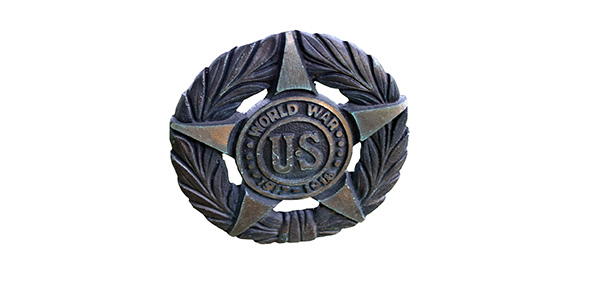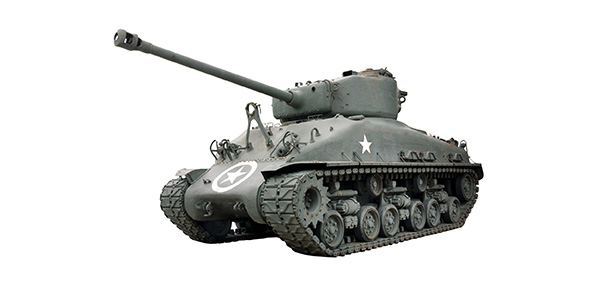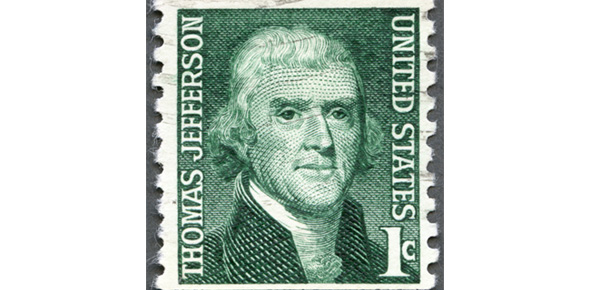Related Flashcards
Related Topics
Cards In This Set
| Front | Back |
|
Who led the Communist forces in China?
|
Mao Zedong
|
|
What was the government called in China after communist forces took control?
|
The People's Republic of China
|
|
Why were the communist forces finally able to take control of China?
|
Mao won support of China's huge peasant population, the Nationalists who controlled the country began to lose favor, the Soviet army help, and the People's Liberation Army took over cities one by one.
|
|
What were the communist forces in China called?
|
The People's Liberation Army
|
|
What did the government of China discourage the people to practice?
|
Buddhism, Confucianism, and other traditional Chinese beliefs
|
|
What were opponents of Communists called in China?
|
Counterrevolutionaries
|
|
What is collectivization?
|
The forced pooling of peasant land and labor in an attempt to increase productivity
|
|
What was the Great Leap Forward?
|
Mao's plan to urge the people to make a superhuman effort to increase farm and industrial output.
|
|
What were communes?
|
Bringing together groups of villages in an attempt to make agriculture more efficient
|
|
How did the Great Leap Forward end?
|
It was a failure as industries turned out low-quality goods and lead to neglect of farmland, food shortages, and famine
|
|
How many Chinese are thought to have starved to death between 1959 and 1961?
|
55 million
|
|
What was the Great Proletarian Cultural Revolution?
|
This was a program Mao launched after the failure of the Great Leap Forward. Its goal was to purge China of "bourgeois" tendencies
|
|
What was the publics response to the Cultural Revolution?
|
Teenagers formed bands of Red Guards and followed the sayings in the "Little Red Book" which were quotations Mao had said in speeches. People considered to be "bourgeois" we beaten and sometimes killed, skilled workers were forced to leave their jobs, schools and factories were closed, the economy slowed, and civil war threatened. Mao's army finally restored order.
|
|
Why was the communist forces taking control better for the United States and not the Soviet Union?
|
The Soviet Union and China were uneasy allies and even though the Soviet Union help the Communist forces take control of China, tensions remained between the two countries and China did not team up with the Soviets. Even thought at first the U.S. refused to acknowledge the People's Republic of China, they eventually reconsidered and allowed the country to replace Taiwan in the United Nations. The U.S. set up diplomatic relations with China when President Richard Nixon formally visited the country.
|
|
Where did the remnants of the Jiang Jieshi government go after the Communist forces took control of China?
|
They set up a one-party dictatorship in Taiwan. They were seen as a breakaway province of Mainland China.
|






